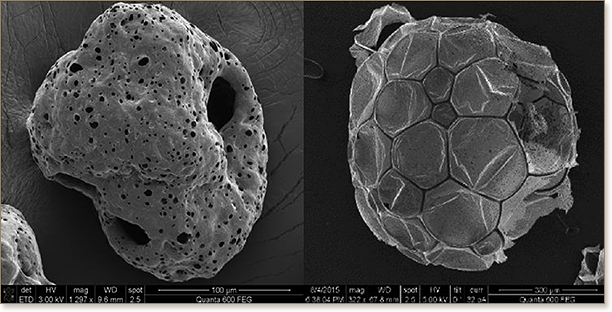Environmental challenges and opportunities in marine engine heavy fuel oil combustion

Environmental challenges and opportunities in marine engine heavy fuel oil combustion
A.G.A. Jameel, A. Alkhateeb, S. Telalović, A.M. Elbaz, W.L. Roberts, S.M. Sarathy
Proceedings of the Fourth International Conference in Ocean Engineering (ICOE2018), pp. 1047-1055, (2019)

Heavy fuel oil (HFO) has been used as fuel to propel marine engines for over half a century. HFO combustion results in the release of particulate matter like smoke, cenospheres, and ash, and the high sulfur content in HFO results in sulfur dioxide emissions. The use of HFO has resulted in deleterious effects on the environment and on human health. As a result, the International Maritime Organization (IMO) has placed a complete ban on its use on ships in the Antarctic waters to preserve the ecosystem from harm; by 2020, this regulation could be extended to the rest of the world. In the present work, the environmental challenges associated with HFO combustion in the form of gaseous emissions like CO2, CO, SO2, and NO were analyzed using TGA-FTIR technique. Particulate emission like cenosphere formation during HFO combustion was also studied by employing HFO droplet combustion experiments. The influence of asphaltenes, which are notorious for negatively impacting HFO combustion and are responsible for cenosphere formation, was also studied. Strategies like desulfurization, asphaltene removal, and gasification were proposed to help reduce the environmental impact of ships powered by HFO.

"KAUST shall be a beacon for peace, hope and reconciliation, and shall serve the people of the Kingdom and the world."
King Abdullah bin Abdulaziz Al Saud, 1924 – 2015
Thuwal 23955-6900, Kingdom of Saudi Arabia
© King Abdullah University of Science and Technology. All rights reserved